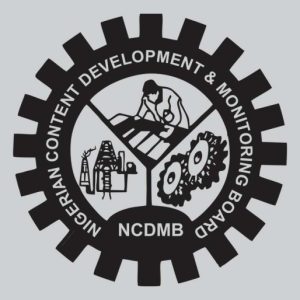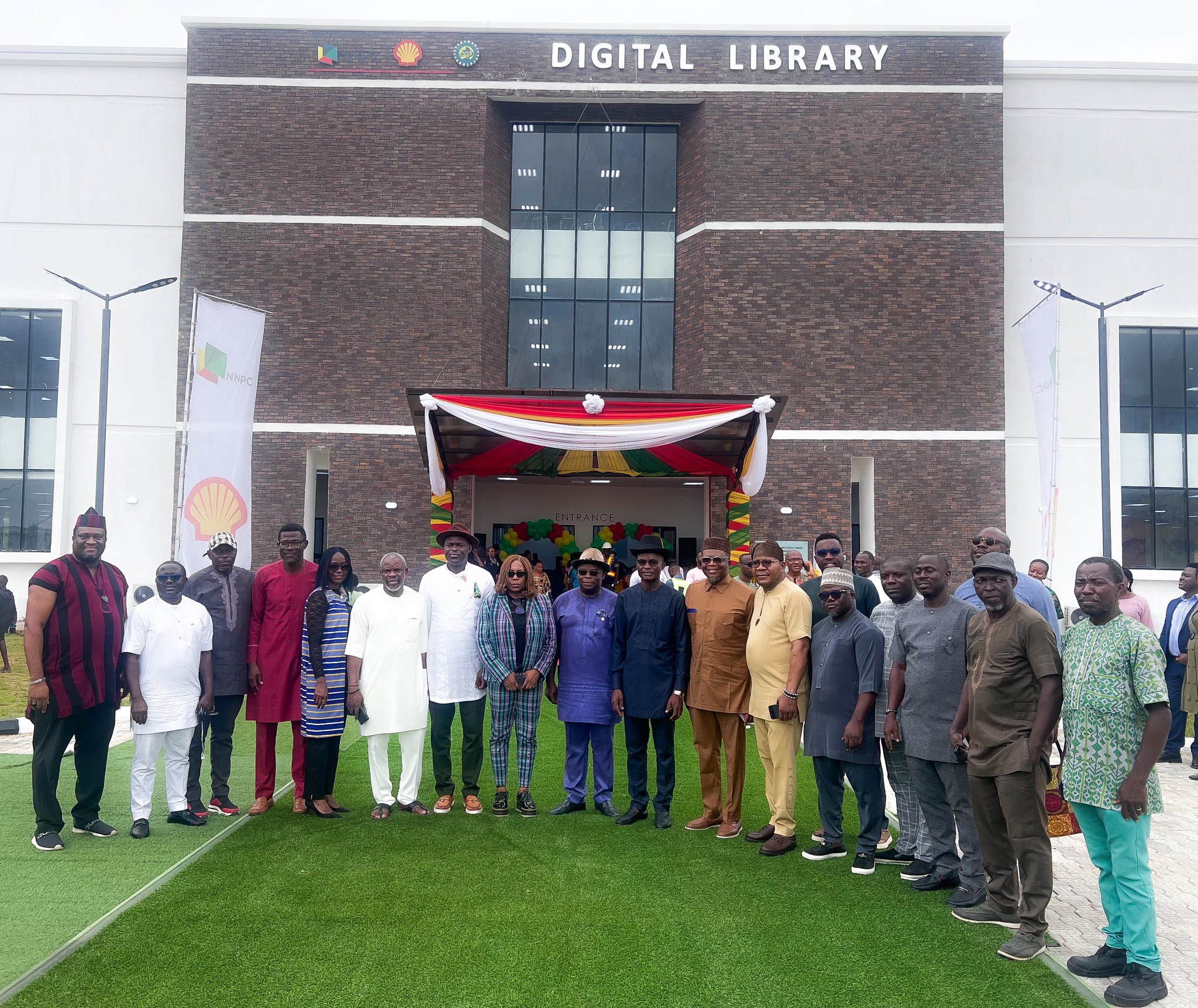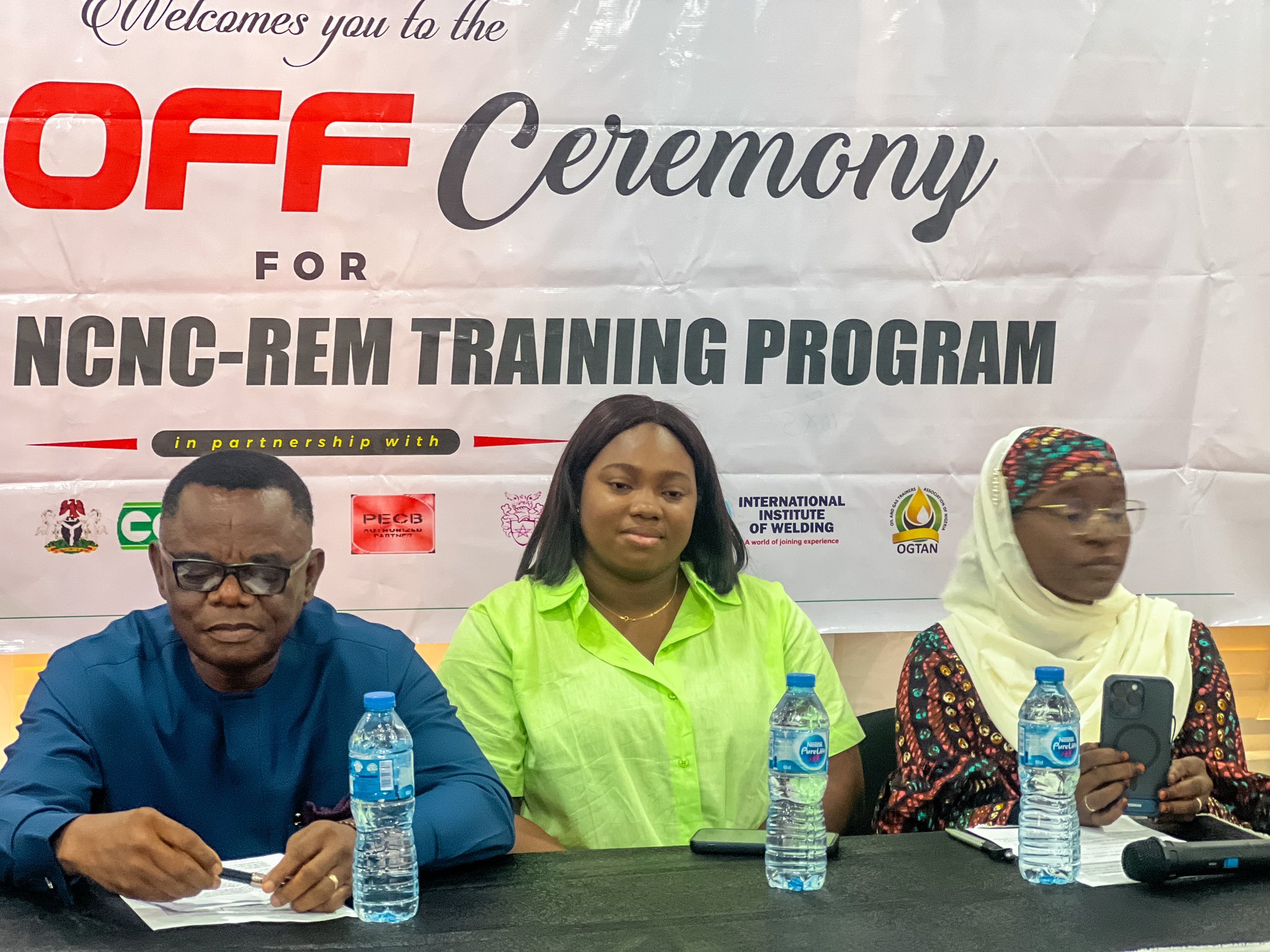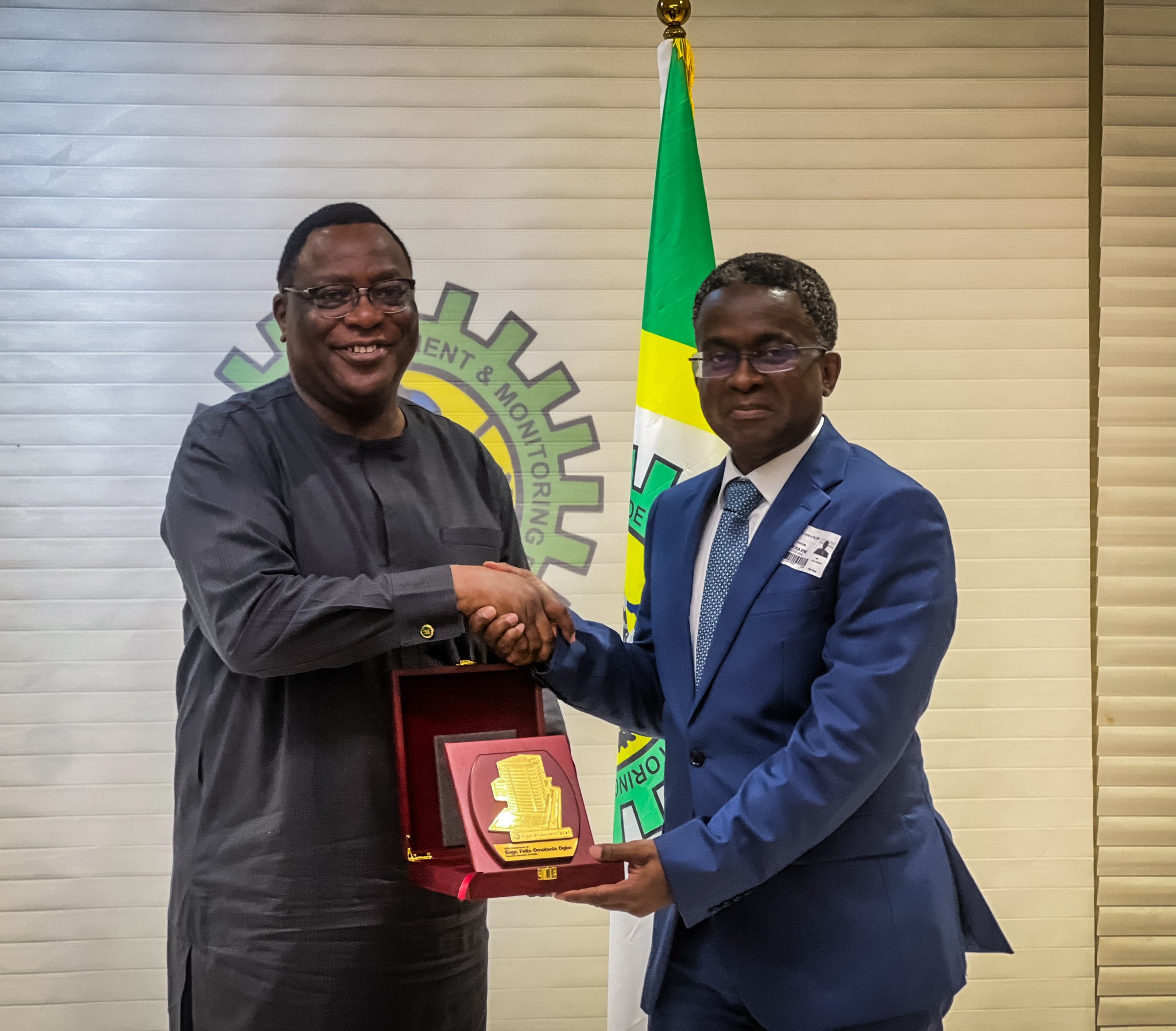The signing of the Nigerian Content Act on April 22, 2010 by President Goodluck Jonathan marked the beginning of the turn around in the activities of indigenous contractors in the Nigerian Oil and Gas industry.
Indeed, the immediate result of the implementation by the Nigerian Content Development and Monitoring Board (NCDMB) through the effective supervision of the Hon Minister of Petroleum, Mrs Diezani Alison-Madueke is the increase in the number of technology driven workspaces and capacity building by indigenous contractors who formerly found it difficult to compete with foreign contractors before the signing of the Act.
As at 2013, the Petroleum Technology Association of Nigeria (PETAN) said its membership had doubled! Members are now specialized in more than 200 areas of professional competence in the Oil and Gas industry. There is no gainsaying the success recorded in the Oil and Gas industry under Alison-Madueke’s administration as manifested in the effects of her policies.
According to the Chairman of PETAN, Mr. Emeka Ene, the Nigerian Content Act and policies of the Petroleum ministry have boosted support for indigenous companies by foreign companies and financial institutions.
“This is the reason that at this year’s edition of Offshore Technology Conference, OTC, we have 60 PETAN members, and due to lack of space we were not able to accommodate all our members who signified interest in taking part in this year’s conference. Right now, we have 50 of our members in attendance. Beyond PETAN members, we have at least another 50 exhibitors. So, in all, there are over 100 Nigerian companies exhibiting in this year’s OTC.”
Policy initiatives
In the upstream sub-sector, Shell Petroleum Development Company (SPDC) recently sold its interests in four oil blocks to indigenous companies including SEPLAT, Neconde Consortium led by Nestoil Plc, Shoreline Natural Resources, and 45 per cent interest in OML 40 to Eland Oil & Gas Ltd and Starcrest Nigeria Energy Ltd. Another beneficiary of the divestment by upstream foreign players is Atlantic Energy Concept Limited which acquired (OMLs) 26, 30, 34 and 42.
Similarly, the opportunities presented to indigenous companies to become owners of upstream assets, in turn, resulted in the engagement of indigenous contractors. A case in question is the engagement of Century Energy Services by Amni Petroleum Development Company Limited, Nigeria Petroleum Development Company and Afren Plc.
Also today, International Energy Services (IESL) is currently engaged in the designing of facilities for the deepwater projects of Chevron and Total Upstream Companies. The logistic base of LADOL is now busy with projects from Shell, Chevron and other multinational oil companies.
Equally, indigenous companies are now taking control of lucrative pipeline construction projects. The Managing Director of OilServ, Mr Emeka Okwuosa, argued that the competition is now between indigenous companies and their foreign counterparts.
For instance, he said the East-West Gas Pipeline project awarded to his company over other foreign contenders was made possible because of the steady investment in capacity building, and insistence of the Petroleum Minister that indigenous companies must be accorded due recognition in line with the Nigerian Content Act.
He said the Engineering Procurement and Construction project according commenced from the last quarter of 2012 and would be completed by early 2015.
More importantly, the engagement of several Nigerians as skilled and unskilled staff has helped to reduce the rate unemployment and restiveness in the Niger Delta.
Impact on Niger Delta communities
According to Joseph Evah, the National Coordinator of Ijaw Monitoring Group, Mrs. Alison-Madueke’s exposures while working for Shell as well as other international experiences thereafter, prepared her for the job of the minister, even at the expence of pitching her against her former employers.
He noted that although Niger Deltans were initially afraid when she was appointed as the Petroleum Minister, but her performance in terms of making jobs available for the youths of the Niger Delta through the engagement of indigenous contractors made them have a change of heart.
Financial institutions
The need to ensure that indigenous contractors had access to funds to execute its projects made Shell to enter into an understanding with a select group of Nigerian banks in 2012. Under the terms, Shell will act as guarantor for its indigenous contractors without having to go offshore to access funds. Furthermore, the Central Bank of Nigeria, CBN, in a recent statement indicated that increased activities by indigenous companies contributed to the appreciation of the Naira against the Dollar and other currencies.
To underscore the importance of funding, the Executive Director (Risks) Mr Kehinde Lawson, said that First Bank has participated actively in excess of $3billion in both upstream and downstream transactions in the petroleum industry.
The general impact of financial institution’s involvement is largely seen to be responsible for 11 Nigerian banks being listed among the top 200 banks in Africa. The list was published in The Banker, a publication of the Financial Times of London.
According to the Banker, African banks have grown rapidly in the past few years. Based on 2010 results, 19 of them have Tier 1 capital of more than $1 billion, a level that roughly marks the cut-off point for the world’s biggest 500 banks.
Nigerian banks on the list included Zenith, First Bank, Guaranty Trust, Access, UBA and Fidelity, First City Monument, Diamond, Skye, Stanbic IBTC, and Eco Bank.







